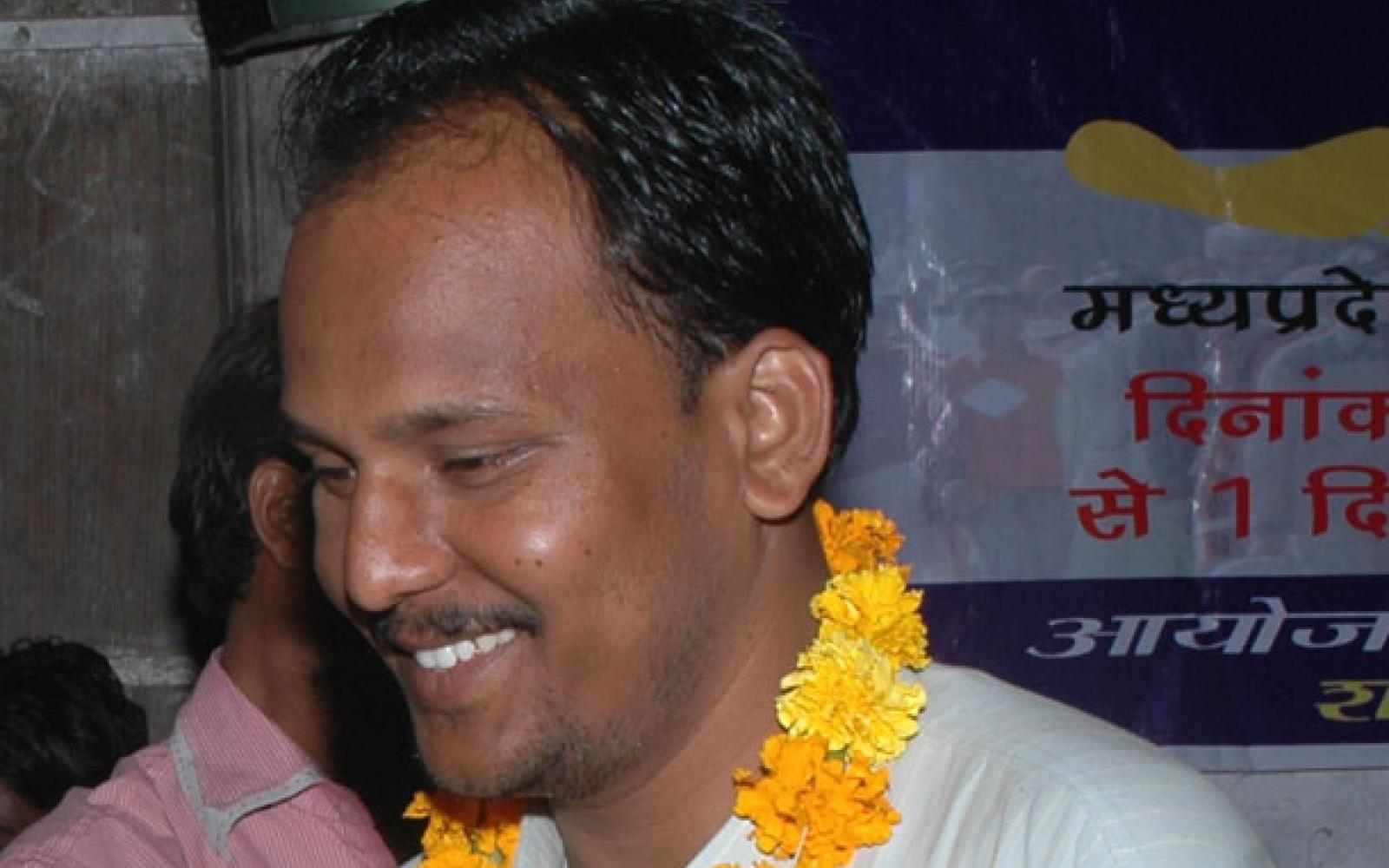
Bill
Bill Drayton is a social entrepreneur with a long record of founding organizations, bringing big change, and service. As a student, he founded organizations ranging from Yale Legislative Services to Harvard’s Ashoka Table, an inter-disciplinary weekly forum on how society truly works. After graduation from Harvard, he received an M.A. from Balliol College in Oxford University and his J.D. from Yale Law School. Over ten years at McKinsey & Company, he brought significant structural changes to policy and organizations. He also taught at Stanford Law School and Harvard’s Kennedy School of Government. He served in the Carter Administration White House and as Assistant Administrator at the Environmental Protection Agency, where he launched emissions trading and many other lasting reforms. He launched Ashoka in 1981. He used the stipend he received when elected a MacArthur Fellow in 1984 to devote himself fully to Ashoka. Bill is Ashoka’s Chair and Chief Executive Officer. He is also chair of three other organizations; Youth Venture, Community Greens, and Get America Working!
Bill has won numerous awards and honors throughout his career. He has honorary doctorates from Yale, NYU, and others; and he is a Fellow of Balliol College, Oxford. He is a member of the American Philosophical Society, the American Academy of Arts and Sciences, and the Council on Foreign Relations. He was selected one of America’s Best Leaders by US News & World Report and Harvard’s Center for Public Leadership. Other awards include the Yale Law School’s highest alumni honor, the National Wildlife Federation’s Conservation Achievement Award International; and the National Academy of Public Administration National Public Service Award.
Bill is an avid backpacker. He especially loves long, off trail, above the tree line immersions.
As Ashoka’s CEO, Bill brings history-based vision and a deep grasp of how things work to help Ashoka keep learning and keep changing big time so that it and its community can make the truly big contributions it can and must. He has overall management responsibility and, as one of three members of the Leadership Team, has special responsibilities for Purpose Teams (e.g. Young People, Climate), “Jujitsu” Partners and Metro Areas, Frame Change/Communications, organizational evolution, and Search/Talent.
(photo: (c) Yusuke Abe)
Ashoka Fellow Ashif Shaikh - India

Ashoka Fellow Ashif Shaikh (elected 2016)
By turning victims from the bottom of India’s caste structure into paralegals and advocates (on a large scale, so far over five big states), Ashif is uprooting both the psychology and the impunity that have long made change largely illusory. He is, of course, also greatly strengthening the rule of law.
“Manual scavenging” is a euphemism. In a country with very few flush toilets, this task involves scraping human waste out by hand and then carrying it in baskets to dump areas. Hundreds of thousands of women from the bottom (below caste) Dalit groups do this work, even though in theory it is illegal. They are shunned. Ashif’s mother sufferred this. And he grew up disadvantaged both as a Muslim and a member of this Dalit group.
Ashif won new national manual scavenging legislation and is struggling to get efective implementation, including rehabilitation. He is also pushing for tougher laws at the state level.
However, Ashif has always understood that for this law reform dimension of his work to have real bite, he must in parallel dismantle the caste system’s psychological and immunity foundations. And unite, in addition to manual scavengers, many classes of victims, including, for example, bonded laborers and Dalit women subject to gender violence. Both individuals and groups must go through the journey from accepting victimhood to becoming, in effect, partner leaders in the movement.
Ashif uses many tools. For example, culture: everyone in a village is invited, but they sit together and share snacks, and hear caste-challenging ideas. Another example: A cross-country village tour by former manual scavengers who speak to those still entrapped. But progress here has led to more upper caste “enforcement”, including violence.

There are so many reasons why Ashif’s cornerstone, breakthrough strategy is turning the victims from the very bottom of Indian society into paralegals and then, after more training, advocates. They serve other victims whose situations they fully understand and with whom they can communicate deeply. The fact that 65 percent of the victims Ashif’s movement has supported have themselves become “barefoot paralegals” says a great deal about the transformative power of this approach.
Here’s another measure of the power of Ashif’s barefoot people of the law: They have driven the rate of convictions in cases of rape against Dalit women up from 2 percent to 38 percent. That’s impunity going away.
There’s another reason Ashif’s approach works: He’s a great entrepreneur who keeps seeing systemic opportunities and seizing them. For example, he has organized both upper caste engagement and top legal support for his barefoot front line by organizing a large and rapidly growing legal support network, the Progressive Lawyer’s Forum.
A campaign – Rashtriya Garima Abhiyan (National Campaign for Dignity) – launched by non-governmental organisation Jan Sahas helped liberate 11,000 manual scavengers in the central state of Madhya Pradesh. Sevanti, of Dewas district, says: “They told me that I could leave and this work was against the law. Before that, we were told we had to do it. There was no one who told us we didn’t have to do it."
—BBC News